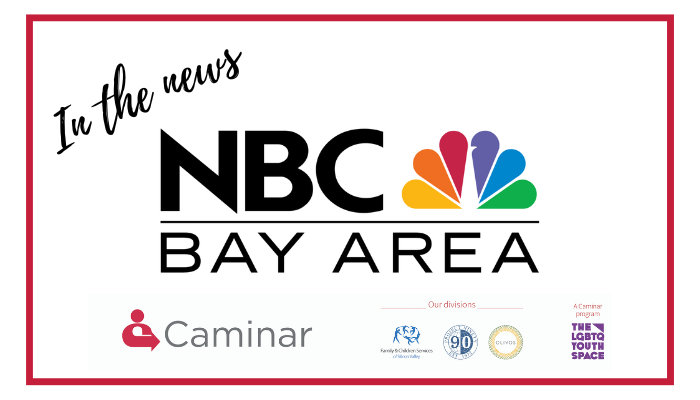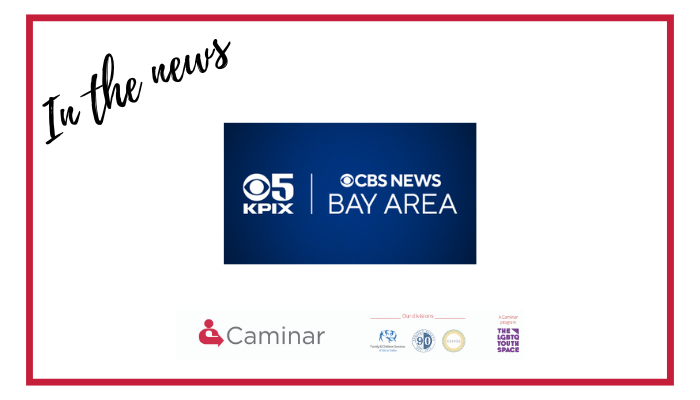Caminar has announced its acquisition of Healthy Partnerships’ behavioral health programs in Solano County. Through the arrangement, which took effect on May 1, Healthy Partnerships is operating as a division of Caminar. The move positions Caminar, which offers behavioral health and supportive services in Solano County and four other Northern California counties, and Healthy Partnerships to respond to the growing need for mental health and substance use treatment services in the county.
This acquisition further enhances Caminar’s continuum of care to address the complex behavioral health needs of individuals in Solano County. The combination of Caminar’s Medi-Cal Mental Health programs and Healthy Partnership’s Drug Medi-Cal Substance Use Treatment programs creates a powerful synergy of capacity and expertise.
The boards of directors of both entities approved the acquisition. Healthy Partnerships programs are continuing under the leadership of executive director Charles Anderson, now as part of Caminar’s operations in Solano County. Healthy Partnership’s owners, Sharon Loveseth, Steve Loveseth and Rosa Thomason, have moved on to personal projects.
“We have collaborated with the staff at Healthy Partnerships for many years, and we are thrilled to have this opportunity to welcome them to Caminar,” said Charles “Chip” Huggins, CEO of Caminar. “The combination of Caminar’s and Healthy Partnerships’ programs and expertise will allow us to offer optimal care for individuals throughout Solano County today and as the behavioral health field continues to evolve.”
“When we began looking for a home for Healthy Partnerships’ programs, Caminar was the obvious choice,” said Sharon Loveseth. “We have worked with Caminar for decades to address local needs and felt the organization would continue the important work of Healthy Partnerships here in Solano County.”
Under the leadership of Solano Region Executive Director Christopher Kughn, Caminar serves close to 500 individuals annually in Solano County through intensive mental health services, homeless outreach programs and supportive employment services. In 2016, Caminar was selected to manage the Coordinated Entry System for the county. Known as Resource Connect Solano, the new program is helping to ensure the most vulnerable people in the community are connected with limited housing resources.
Healthy Partnerships offers outpatient substance use treatment, Driving Under the Influence (DUI) programs and mental health programs. The company has been a provider of substance use treatment services for Solano County for 21 years.
“This is an exciting time in the behavioral health field as we move toward integrated care that serves the whole person,” said Christopher Kughn, executive director of Caminar’s Solano Region. “We see tremendous possibilities by bringing together Caminar’s and Healthy Partnerships’ programs, expertise, and commitment to benefit the health and well-being of this community.”
Both Caminar and Healthy Partnerships offer CARF-accredited programs and operate client-serving locations in Fairfield and Vacaville. More information about Caminar’s programs is available at www.caminar.org.
# # #
About Caminar
Founded in San Mateo, California, in 1964, Caminar serves more than 14,000 individuals annually in San Mateo, Solano, Santa Clara, San Francisco and Butte counties. The nonprofit organization’s portfolio of behavioral health and supportive services empowers and supports individuals and families to move toward resilience, wellness, and independence. In Solano County, Caminar operates intensive mental health services for adults with severe mental illness, homeless outreach and engagement services for adults with mental health conditions, supported employment (Jobs Plus), crisis residential treatment and supportive housing programs. Caminar also is the provider of coordinated entry services for Solano County, helping to ensure the most vulnerable individuals and families experiencing homelessness are connected with housing resources. More information at www.caminar.org and www.caminar.org/solano.
About Healthy Partnerships
Since its founding in 1997, Healthy Partnerships has provided high-quality behavioral healthcare in an atmosphere of compassion, respect, and cultural competence. We operate within the Bay Area and offer services to Central Valley residents. Outpatient prevention, intervention and treatment services offered at Healthy Partnerships reflect a deep and abiding belief in the value of treatment; and a strong commitment to promoting recovery on an individual, family and community level. The primary goal of Healthy Partnerships programs is to provide individuals and families the education, support and skills necessary to live productive and healthy lives at their optimum levels. As of May 1, 2018, Healthy Partnerships is operating as a division of Caminar. More information about services at www.healthypartnerships.com.

















